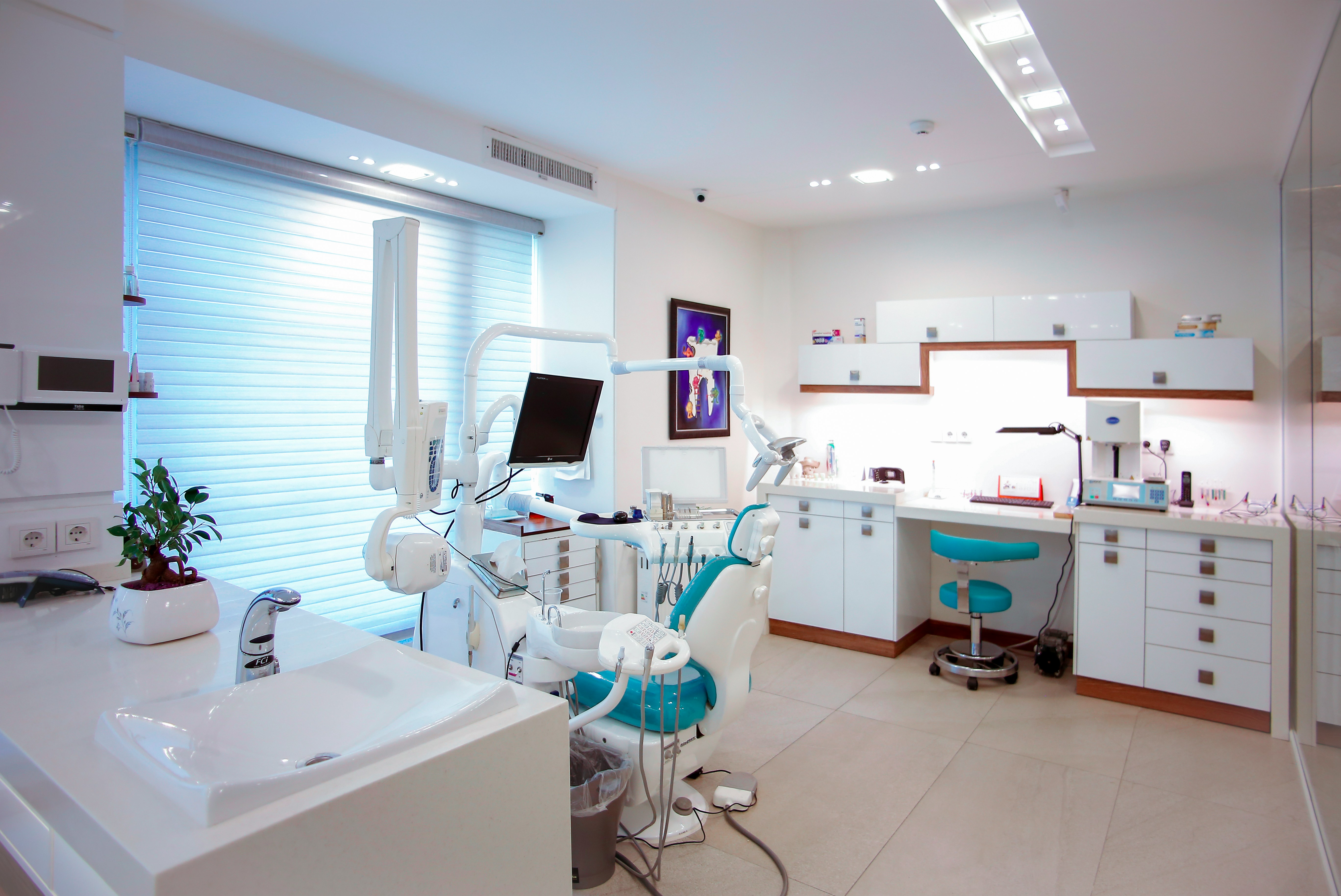When to Consider Braces: A Guide to a Healthier Smile
Wondering if you or your child needs braces? Learn the key signs, the best age for an evaluation, and the modern orthodontic options available beyond traditional metal braces.
Mar 13, 2025
More Than Just a Straight Smile: The Purpose of Braces
When most people think of braces, they picture a perfectly straight smile. While a beautiful smile is one of the key benefits, orthodontic treatment goes much deeper. It's a crucial healthcare procedure designed to correct the alignment of your teeth and jaw, improving both function and long-term oral health.
But how do you know if it's the right time for this step? This guide will cover the common signs that indicate a need for braces, the ideal age to start, and the modern treatment options available today.
Your Orthodontic Guide: Signs, Timing, and Options
Key Signs That You or Your Child May Need Braces
Orthodontic treatment is about more than just cosmetics. It addresses functional issues that can impact your health. Consider an evaluation if you notice:
Obvious Crowding or Crooked Teeth: Teeth that overlap, are turned, or are visibly out of place.
Bite Misalignment: An overbite, underbite, crossbite, or open bite where the top and bottom teeth don't meet correctly.
Difficulty Chewing or Biting: Discomfort or challenges when eating.
Jaw Pain or Clicking: Frequent pain in the jaw joint (TMJ) can be related to a bad bite.
Speech Issues: Certain misalignments can contribute to a lisp or other speech difficulties.
The Best Time for an Orthodontic Evaluation
While there's no wrong age to improve your smile, there is an ideal time for a first check-up.
For Children: The American Association of Orthodontists recommends a first evaluation around age seven. At this stage, an orthodontist can identify developing issues with jaw growth and emerging adult teeth, potentially making future treatment simpler and shorter.
For Teens and Adults: It is never too late to get braces! Many adults seek treatment to correct issues they've had for years. It's a common and highly effective path to a healthier smile at any age.
Modern Braces and Alternatives
Orthodontic technology has advanced far beyond traditional metal brackets. Today's options are more comfortable and discreet than ever before:
Clear Aligners (e.g., Invisalign®): Removable, virtually invisible plastic trays that gradually shift your teeth.
Ceramic Braces: Tooth-colored brackets that blend in with your teeth, offering a less noticeable look than metal.
Lingual Braces: Brackets that are placed on the back of your teeth, making them completely hidden from view.
Take the First Step Toward a Healthier Smile
Ultimately, braces are a powerful tool for improving your quality of life. By correcting alignment issues, you not only boost your confidence but also make your teeth easier to clean, reducing the risk of future cavities and gum disease.
The only way to know for sure if orthodontic treatment is right for you or your family is to consult with a professional.
Ready to Explore Your Options? Schedule an orthodontic evaluation with our experienced team today. We'll assess your needs and help you find the perfect treatment plan for a lifetime of healthy, confident smiles.
Blog






